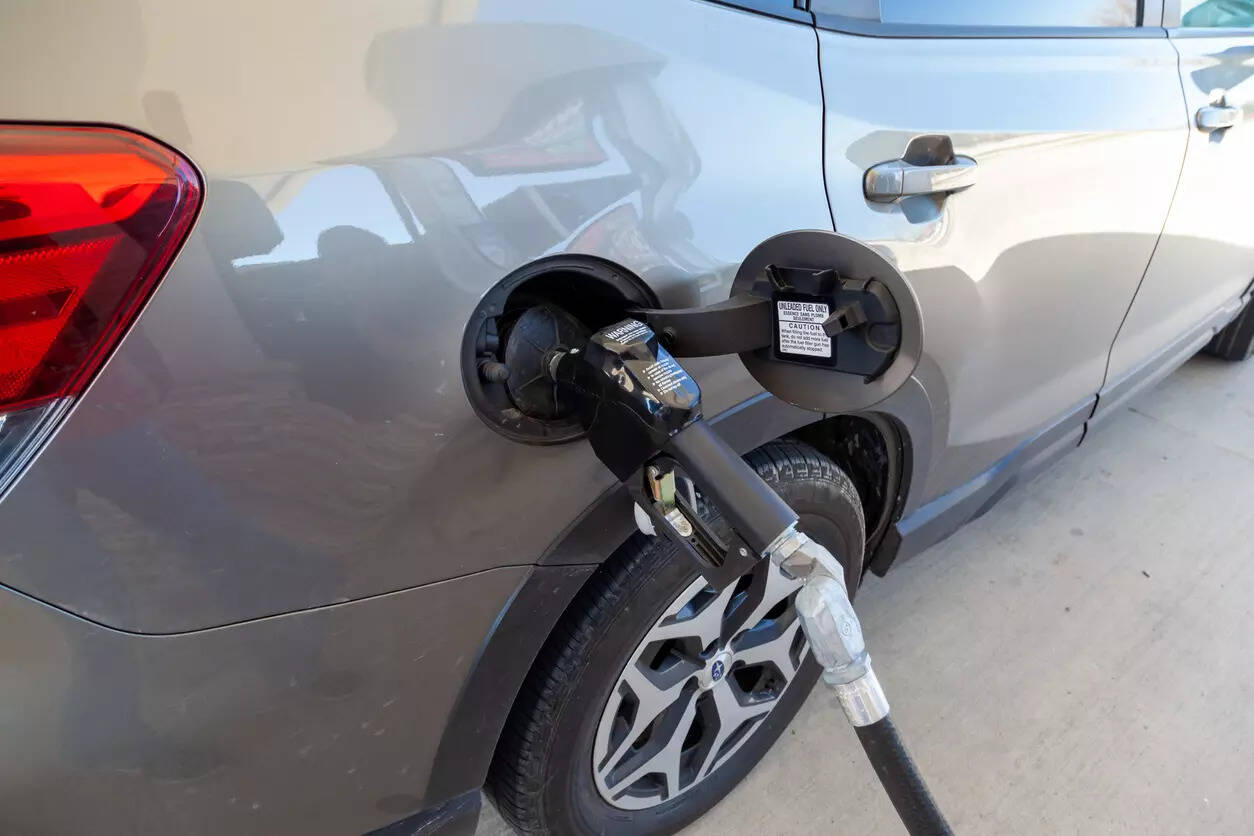
A decade ago electric vehicles were seen as a fanciful scheme that did not stand a chance against the traditional petrol and diesel vehicles, however, they are now among the fastest growing segments in the automotive sector in 2023. While EVs clearly bring several benefits and have evolved into desirable machines today, the public perception towards electric vehicles and awareness against pollution from ICE vehicles also has a major role behind the sudden rise in EV adoption across the country. India has seen a constant rise in EV adoption since 2021 and the upward trajectory has continued through 2023 as well.
Vahan data indicates that on a year-on-year basis, EV sales grew by 82 % in March 2023 with 1,39,789 units sold in comparison to 77,128 EVs sold in March 2022. Overall sales grew by a whopping 157 %, from 4,58,746 in FY2022 to 11,80,597 in FY2023. This was further encouraged with an increase in the number of models being offered in the electric two-wheeler and 4-wheeler brands ranging between the affordable and luxury segments. With the bulk of the EV sector being driven by sales of electric two-wheelers, India saw over 1 lakh EVs being sold every month in H2 FY 2023, MoRTH data shows.
The top three players in this segment are Ola Electric, TVS Electric and Ather Energy despite the recent decrease in subsidy offered under FAME 2 scheme. In September 2023, Indians bought 63,715 electric two-wheelers which was 2 % higher than last year, post the subsidy reduction. On the other hand, the electric four wheeler market has also been growing consistently.
In 2022, Vahan data indicated a 178 % year-on-year increase in electric car registrations at 41,675 units. In 2023, electric car sales have increased by 41.5 % month-on-month when compared to September 2022. The top electric car brands in the country are Tata Motors, MG Motor and Mahindra, with Tata dominating the market consistently. After the recent launch of the all-new Nexon EV medium and long range, the automaker continued its lead by selling 6,020 EV in September 2023 and recorded a 9.9 % month-on-month growth. Currently, the automaker commands 68.8 % market share in the electric car segment. The electrification wave is also capturing the luxury car segment, where BMW India has risen to become the market leader with 48 % market share.
More strikingly, its latest BEV offering, the iX1 electric SUV, got sold out in just 180 minutes on launch day. While EV penetration is still relatively small in terms of overall market size, it is expected to grow up to 13 % by 2030. However, the action is all set to increase from this point forward as brands such as Volkswagen, Kia and even Range Rover are gearing up to enter the Indian EV market by 2025. Electrification has also seen a healthy uptake in the commercial sector, more specifically in the electric three wheeler segment. While passenger electric three wheelers saw a year-on-year jump of 90 % in March 2023, the cargo segment increased by 83 % in the same period when compared to March 2022.
Across the passenger and cargo electric three wheeler segments, the industry sold 4,04,143 units in FY2023, marking an increase of 118 % over FY2022. Slowly but surely, EV penetration is increasing across sectors and each day more Indians are helping the country pave its way towards a net-zero carbon emissions future.

